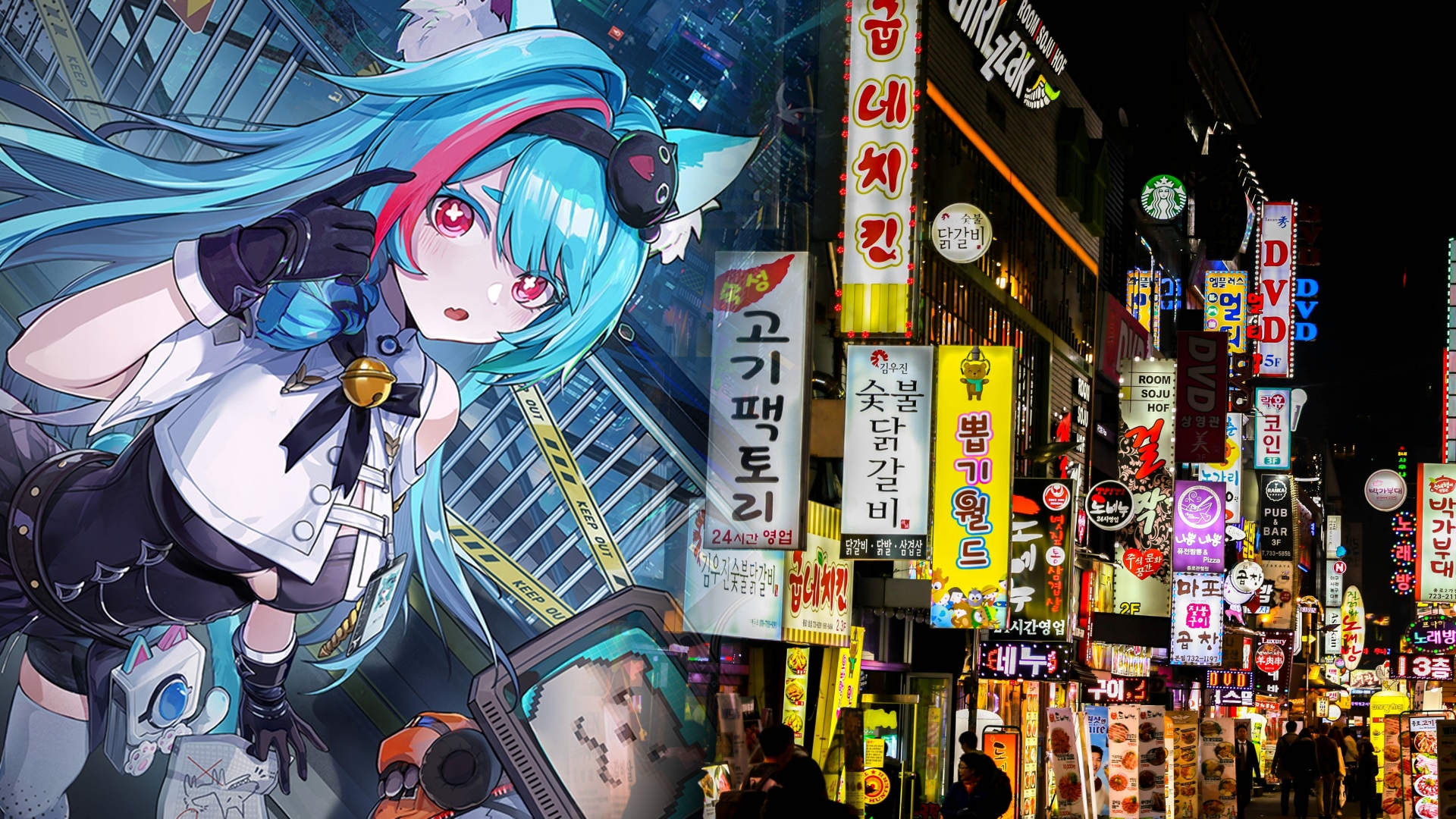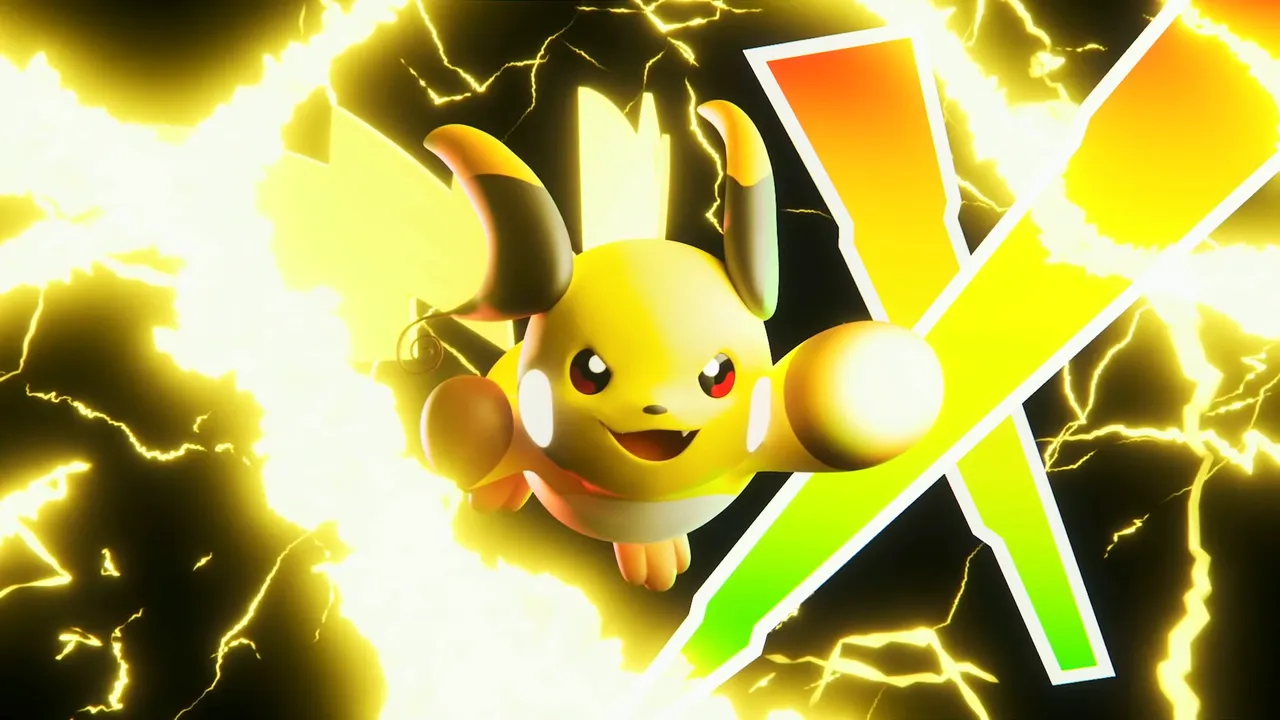By Craig Robinson,Jacob Woodward
Copyright escapistmagazine

Gacha mechanics in games have come under scrutiny in a plethora of international markets since you can pump in endless cash ÔÇśgamblingÔÇÖ to secure your preferred ÔÇświnÔÇÖ. South Korea is one specific nation that is looking to seriously clamp down on chance-based monetisation, tabling an amendment to the Game Industry Promotion Act that would outlaw so-called ÔÇťcomplete gachaÔÇŁ, while also taking action on loot box probability. For what ÔÇťcomplete gachaÔÇŁ means relates to specific systems that require players to collect a full set of randomised items to unlock a rare reward. This is a model critics say pushes repeated spending and mimics aforementioned ÔÇśgamblingÔÇÖ dynamics. Back in March 2024, Korea actually mandated the disclosure of loot box odds that, if not complied with, could result in significant monetary penalties, as well as two yearsÔÇÖ imprisonment. One of the biggest fines dished out in regards to this was given to Nexon, who was slapped with an almost $9 million fine for misleading players about drop rates in MapleStory. This also isnÔÇÖt the first time Korea has attempted to outlaw the aforementioned ÔÇťcomplete gachaÔÇŁ but it was deemed that a ban was disproportionate. However, this time around, theyÔÇÖre focusing on how other countries, like Japan, essentially put a stop to complete gacha some time ago. Democratic Party of Korea floor leader Kim Byeong-gi is the introducer of the new bill. Furthering this, 2025 saw Krafton and Com2uS sanctioned for odds misrepresentation, including guarantees that didnÔÇÖt actually exist, which will only add to the already strong case being brought to the table by Democratic Party of Korea floor leader Kim Byeong-gi. If it does go ahead, it will seemingly be a win for consumers since it will push developers toward clearer pricing and guaranteed-value systems, aiding you in getting the things you want without throwing your money into a potentially bottomless pit. Maybe this will also set a precedent for European markets, for example, where games such as EA FC rely heavily on similar ÔÇśgachaÔÇÖ mechanics with its packs system, with players spending large amounts of money chasing athletes for their club.



